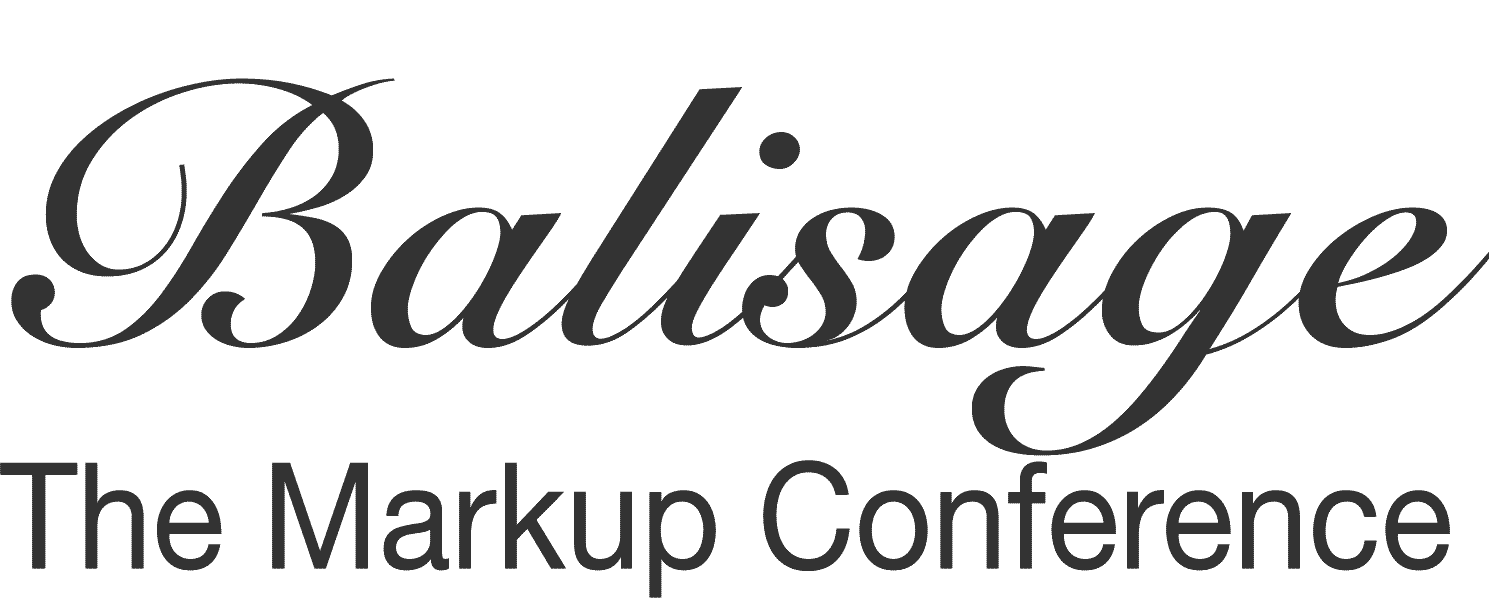from Wendell Piez
If you are reading these tributes, be sure and read as many as you can, as only from a larger collection will you get something like a true sense. I have been trying to write about Michael and everything comes out about me. I think the kind reader will understand this is the way it is, as that is the effect he had on us.
1994 was the year I met Michael, at a point when I was no longer so freshly minted with a PhD from Rutgers University, and somewhat adrift. I had spent a couple of years sorting and boxing papers in the Special Collections and Archives, housed in a sub-basement of Alexander Library. While that may have been the best of my several educations up to that point, it didn't feel permanent either: I also knew there was something else ahead. Maybe-just-maybe, that future was on the top floor behind the door with the sign reading "Center for Electronic Texts in the Humanities". I located a secret pass phrase (a magic spell to be uttered by my boss, a powerful senior library administrator), stepped through the portal, and a few weeks and an application form later, I was soon sitting among a scattered, assorted crowd in an auditorium in Princeton. There gestured Michael behind the lectern, literally spelling out that future I had imagined -- now my past, and to my enduring gratefulness, my present -- in SGML tags.
That first day, much became clearer, if not about answers, at least about questions to be asked. Two in particular loomed in my mind - in no order, "does the '&' really have to be reserved?" and "how come I can't overlap: isn't that kind of important for some things?" I don't remember asking them that day, but I know Michael would have met both with his patented blend of indulgent sympathy and rigor. (Maybe telling me I could switch the ampersand, while offering what a bad idea that actually was, for reasons I had not guessed at? Overlap would have to be another conversation.) But the points were not the point. Once the existence, feasibility and potentials of declarative markup had been laid out to an astonished, if well-prepared audience, any arguments on particulars faded in importance next to the way Michael was interacting with us. I have heard masterful lecturers but Michael was more than that. His powers of exposition and synthesis would have been enough. But he engaged not only with his materials but with us.
Of the greatest teachers it is said that no matter how large their audience, when they speak to a group, somehow they manage in every listener's perception to speak to them personally, that is, to their case -- to yours and mine, specifically and entirely. Michael was on that level. He gave his prodigious energy with patience, deference and forbearance to the impossible task of explaining to us how the world is bigger than we know. He found ways not to meet us on our ground, but elevate us to his. He did us the honor and favor of reflecting us to ourselves as more reasonable and more thoughtful than we were. The questions he left us with were more substantial and more fruitful than our certainties.
To a very fortunate and amazingly wide circle, Michael was not only a teacher, he was also a friend and comrade. He made us 'know' how lucky we are, in knowing each other.
Alert. Astute. Appreciative. Decorous. Diplomatic. Empathetic. Enthusiastic. Exacting. Exciting. Inquisitive. Knowledgeable. Polite. Tenacious. Tolerant. Unpretentious. Whimsical. Whole-hearted. Zealous for good.
Michael could have dominated any room, but instead he always wanted to hear what the shyest person was thinking. (Not the shyest person, I am thinking a lot.) Readers and friends, take your time – but keep reading.
Thanks Michael! We will join you in a better world! – Wendell
